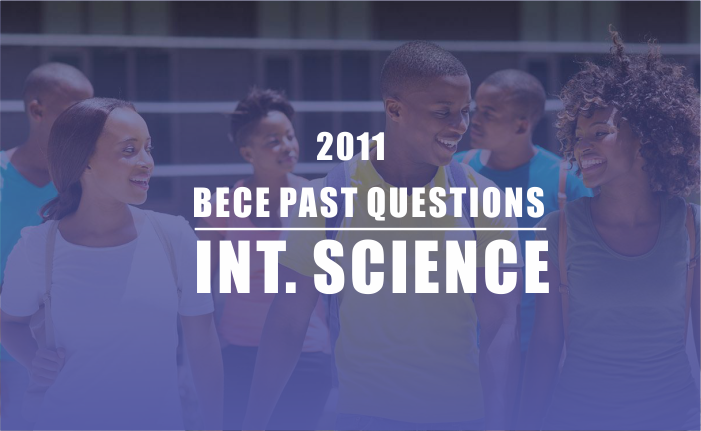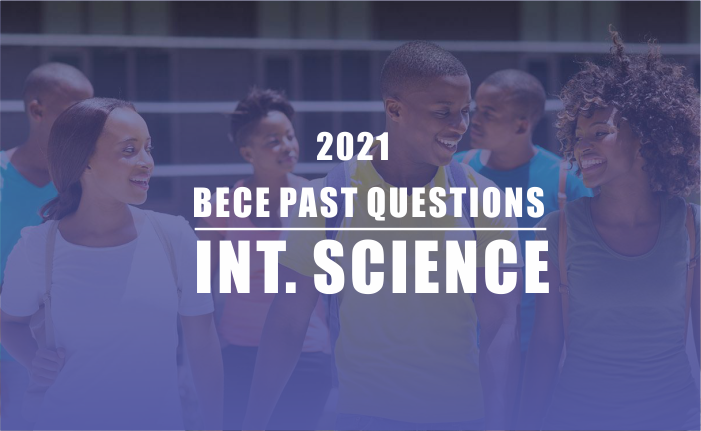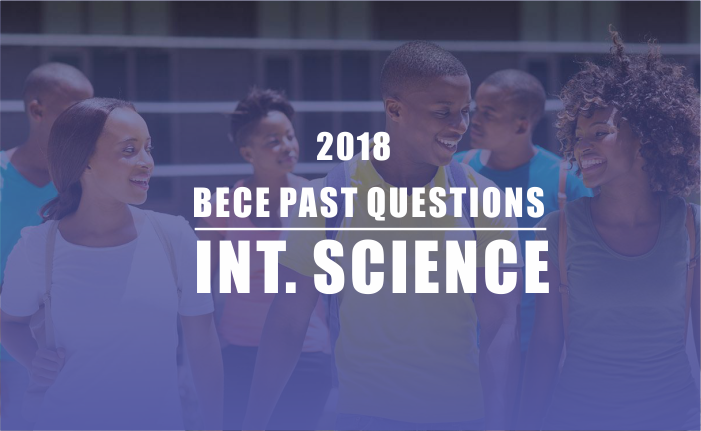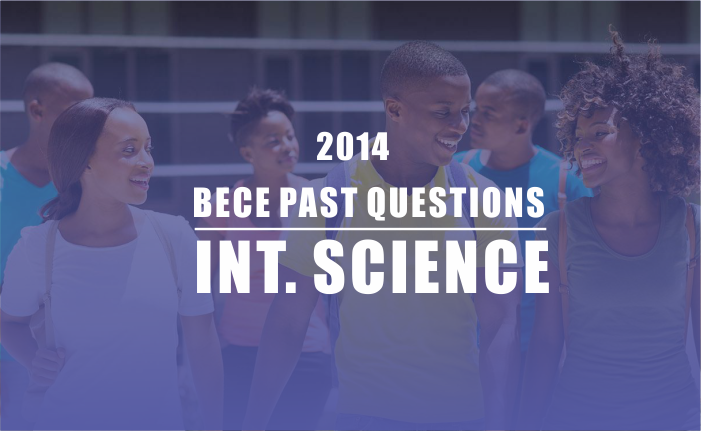Description
BECE 2011 Integrated Science Questions and Answers
The Basic Education Certificate Examination (BECE) is an essential milestone for junior high school students in Ghana and West Africa. Preparing for the BECE, especially in Integrated Science, requires focused practice, access to past questions, and clear understanding of answers to enhance performance. Here, we explore BECE 2011 Integrated Science questions and answers, discuss their relevance, and provide insights to help you succeed.
Importance of Practicing BECE Past Questions
Past questions are invaluable for students, offering insight into the examination’s format, commonly covered topics, and types of questions. The BECE 2011 Integrated Science questions cover critical areas such as biology, chemistry, physics, and environmental science. Reviewing these questions can help students familiarize themselves with exam patterns and expectations. Through regular practice, students can assess their strengths and weaknesses in various science topics, enabling them to channel their efforts effectively.
Overview of BECE 2011 Integrated Science Questions
The 2011 BECE Integrated Science paper was structured to assess students’ knowledge in key science areas. The questions were divided into objective (multiple-choice) and theory (essay) sections. The objective section consisted of multiple-choice questions testing basic concepts and factual knowledge, while the theory section evaluated analytical thinking and problem-solving skills. The exam questions covered a broad range of topics, including the human body, ecology, elements, and compounds, as well as practical science applications in daily life.

Sample BECE 2011 Integrated Science Questions and Answers
Understanding the nature of questions asked in the BECE 2011 Integrated Science exam can be a great study aid. Below are examples of typical questions and explanations of answers from the 2011 paper to give you a clear idea of what to expect.
Question 1: Biology – Human Anatomy
Question: Describe the functions of the human digestive system. Answer: The human digestive system is responsible for breaking down food into nutrients that can be absorbed by the body. Key functions include ingestion, digestion, absorption, and excretion. Ingestion takes place in the mouth where food is broken down mechanically and chemically by saliva. Digestion continues in the stomach and small intestine where enzymes further break down food particles. Absorption occurs primarily in the small intestine, while the excretory process eliminates waste from the body through the large intestine.
This question tests knowledge of human biology and helps students understand how the body converts food into energy. Knowing the processes and components of the digestive system is essential for achieving full marks in such questions.
Question 2: Physics – Basic Principles of Electricity
Question: Explain the role of a resistor in an electrical circuit. Answer: A resistor is a component in an electrical circuit that limits the flow of electric current. By providing resistance, it helps control the voltage and current within the circuit, ensuring that other components are not damaged by excessive currents. Resistors are vital in managing the energy that flows through electrical devices.
This question is fundamental in understanding the principles of electricity, a key topic in Integrated Science. The concept of resistance and its application in circuits is essential for both theoretical knowledge and practical understanding.

Question 3: Chemistry – Elements and Compounds
Question: Define the term “compound” and give two examples. Answer: A compound is a substance formed when two or more chemical elements are chemically bonded together. Compounds have distinct properties different from the elements that form them. Examples include water (H₂O), made from hydrogen and oxygen, and carbon dioxide (CO₂), composed of carbon and oxygen.
This question tests students’ comprehension of chemical concepts and classification of matter. Understanding the difference between elements, compounds, and mixtures is a fundamental aspect of chemistry.
Question 4: Environmental Science – Ecology
Question: Discuss the importance of photosynthesis in the ecosystem. Answer: Photosynthesis is the process by which green plants convert sunlight, carbon dioxide, and water into glucose and oxygen. It is crucial for the ecosystem because it produces the oxygen necessary for life and provides the primary energy source for plants. Photosynthesis is also the foundation of the food chain, supporting herbivores and, indirectly, carnivores and omnivores.
This question tests knowledge of environmental science and ecosystem dynamics. Recognizing the role of photosynthesis is essential for understanding how energy flows through ecosystems.
Tips for Answering BECE Integrated Science Questions Effectively
Read Questions Carefully: Some questions may be phrased in a way that tests both recall and understanding. Always ensure you understand what the question is asking before attempting an answer.
Use Diagrams Where Possible: In questions related to biology or physical sciences, diagrams can be helpful. For instance, a well-labeled diagram of the digestive system can enhance your answer and fetch extra points.
Relate Answers to Real-Life Examples: Integrating real-life examples, such as using household items to explain chemical compounds or using everyday gadgets to illustrate electrical principles, can make your answers more relatable and memorable.
Practice Time Management: The BECE Integrated Science paper is time-bound, so practicing past questions helps improve speed and efficiency. Attempt to answer objective questions quickly and leave ample time for essay-type questions.
Benefits of Using BECE 2011 Integrated Science Past Questions in Preparation
Using the BECE 2011 Integrated Science past questions enables students to recognize recurring themes and key areas that often appear in exams. Additionally, these questions help in identifying the examiners’ preferred answering formats, guiding students on how to structure their answers. The practice also fosters confidence, making students more comfortable with the exam atmosphere and time constraints.

Conclusion
In conclusion, the questions and answers for the BECE 2011 Integrated Science test are an amazing resource that gives students the opportunity to better prepare for the examination. This enables students to perform better on the test. By providing students with information regarding the structure of the examination, the different sorts of questions, and the detailed answers, they assist students to have a better knowledge of the scientific topics that are being tested.
Students have the ability to increase their self-confidence and performance on the BECE Integrated Science test by engaging in continuous practice, employing effective study strategies, and obtaining understanding of different types of responses, respectively. This can be accomplished by students. These are tasks that can be completed by pupils.





Reviews
There are no reviews yet.